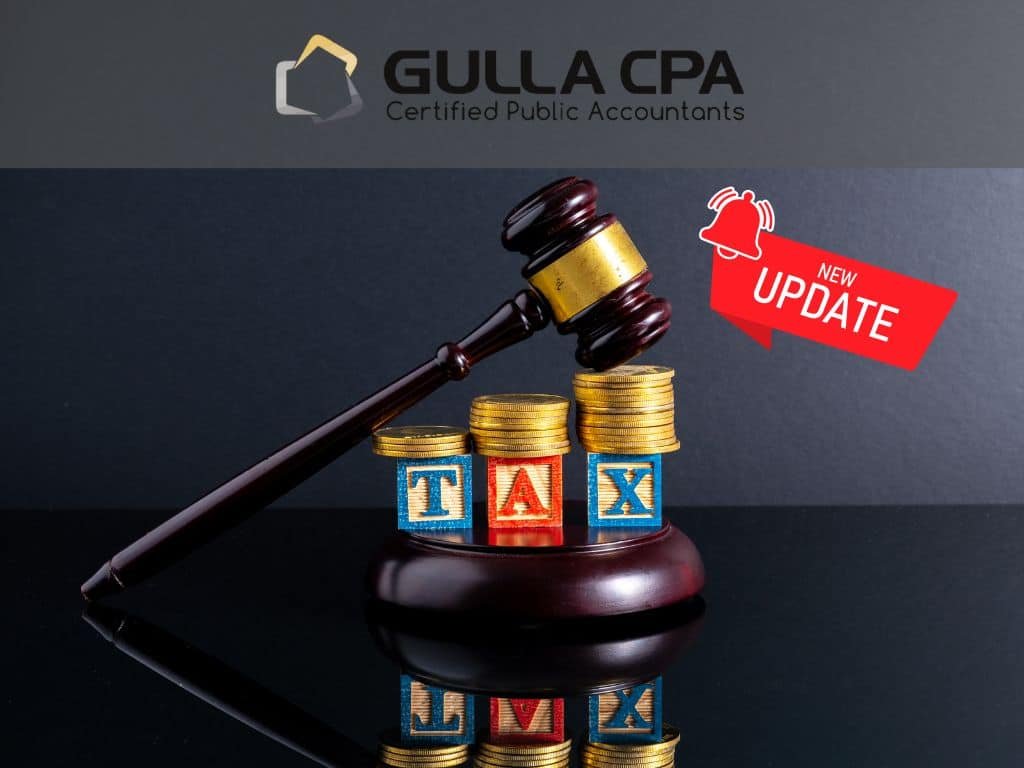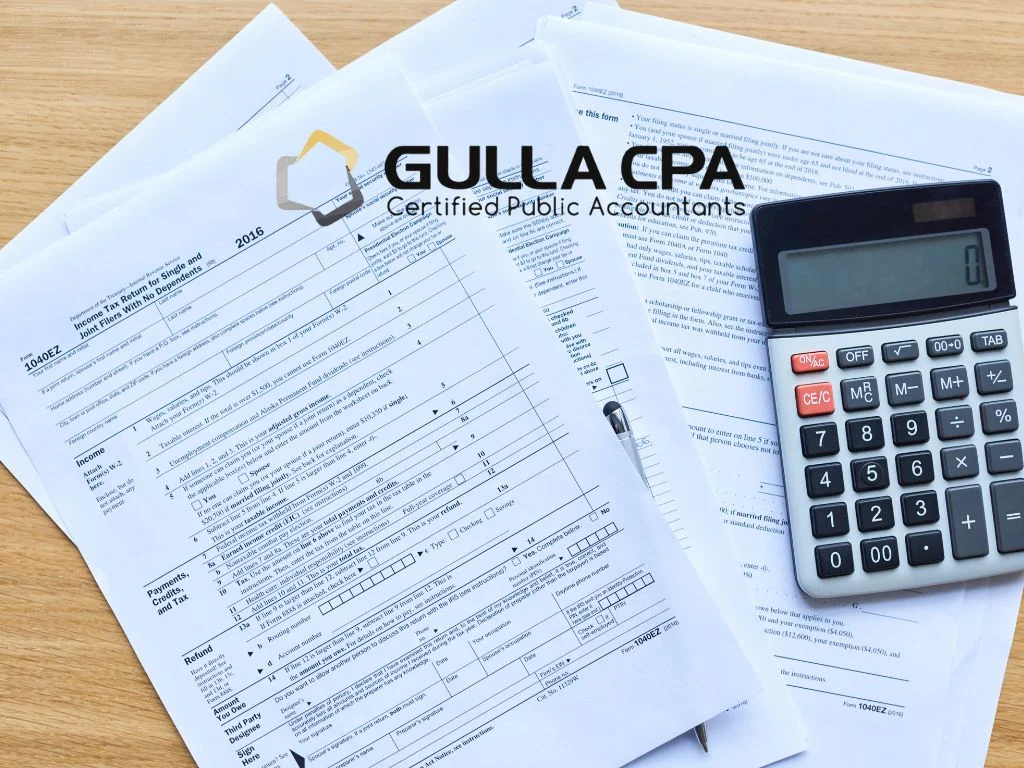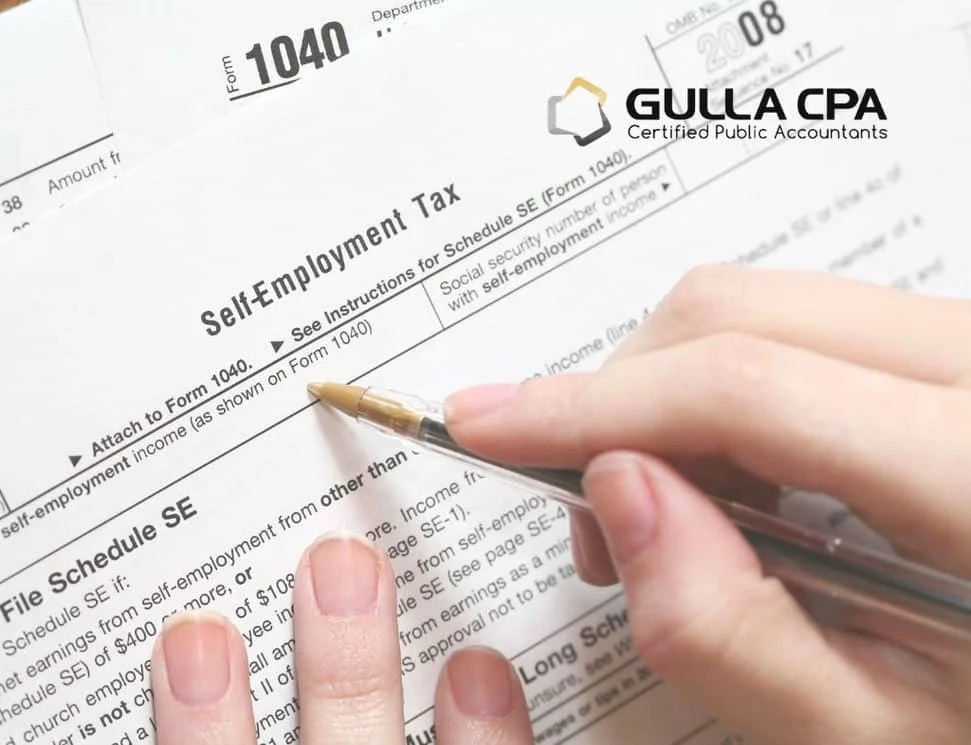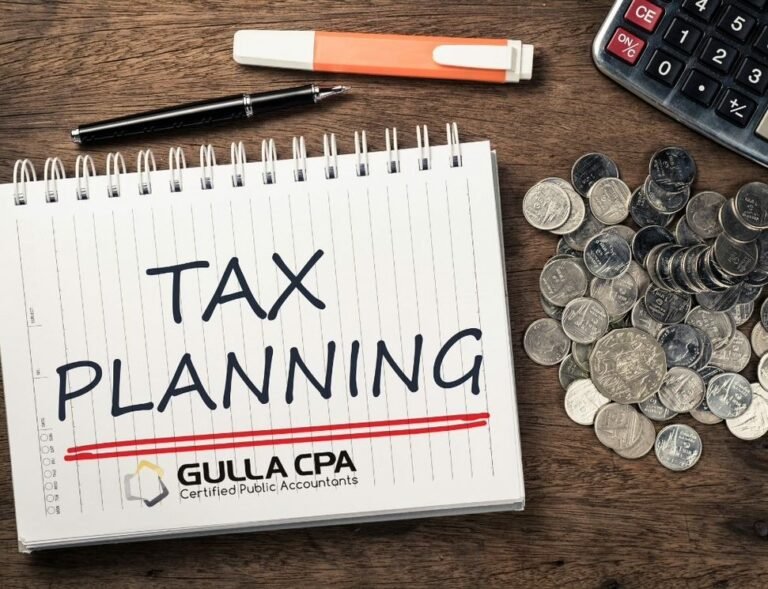Whether you are a business owner or an employee, taxes can loom large as an intimidating subject, and trying to find answers to seemingly simple questions can quickly turn into a dive down the rabbit hole. Many people simply wash their hands of the topic and go about their daily work, only to be left scrambling at tax time to assemble a year’s worth of information in a few months. While this year’s tax season is now over for most Americans, it’s never too early to plan for the coming year and consider improvements to be made to your current process. Here are some of the most common taxpayer mistakes to avoid when tax season rolls around.
Falling behind on recordkeeping and rules
Top on the list of tax planning mistakes is waiting too long to track business income and expenses, or not organizing personal tax records throughout the year. The infamous shoebox of receipts is becoming outdated as the world becomes increasingly more digital, and it gives rise to the possibility of losing support or forgetting about important transactions. Not having a good system for keeping track of your relevant tax data can not only cause a lot of stress, but it could cost you valuable deductions if you don’t have a good way to locate your info when the filing deadline comes around. Review your current strategy and consider whether any improvements should be made.
It is also important to make sure you understand what recordkeeping is necessary. Tax law has changed a lot in the past five years, and mistaking what is or is not reportable or deductible can cause consequences for your budget, as your projected tax liability will be affected. Additionally, business owners will need to maintain files on newly acquired assets. Your accountant will need to know the purchase price, the date acquired and the date the asset was placed in service in order to calculate the appropriate depreciation expense. If you are not confident in your understanding of your recordkeeping responsibilities, consider consulting a tax advisor.
Mixing business and personal expenses
This tax pitfall is becoming increasingly more common with the rise of the side hustle. Many taxpayers are adding a secondary source of income through Uber, Doordash, or offering an online service. It is easy for freelancers to forget that they are actually running a small business and must keep record of all income and expenses to make their lives easier come tax time. Entrepreneurs, small business owners, and side hustlers alike must separate their business and personal expenses, regardless of the scale of their operations. Having only one checking account for personal expenses and business-related ones will hurt you come tax time, when you find yourself combing through your bank statements trying to identify which expenses were business expenses that you can deduct against your business income.
It can be tempting to use whatever card is readily available if you happen to need something for your business but left the correct credit card at home. Nevertheless, setting up a separate bank account and keeping your business and personal expenditures religiously separate will spare you considerable grief in the long run.
Overspending to try to avoid taxes
Nothing is certain except death and taxes, they say. However, some may attempt to challenge this idea by spending down the company’s earnings. While it is true that all business expenses are deductible against your business income, overspending to reduce your tax liability without a plan in place will ultimately leave you with less profit for yourself.
If you are thinking about using this method to reduce your taxes, consider whether there are other options available that will produce the same result without diluting your earnings in the long run. Speak with your CPA to determine whether there is any opportunity to postpone business income or accelerate business deductions. Certain methods of depreciation will allow you to accelerate expenses in earlier years, or even fully depreciate an asset in the year it is placed in service, even if you are paying it off over time. If you have children, consider hiring them. Not only will you be able to take a business deduction for money that you may have given to them anyways (say, for lunch or school clothes), but they’ll be able to contribute the lesser of $6,000 or their total earned income to a custodial IRA. Even better, adults can contribute to these accounts as well, so if you’d like to let your child spend their money how they please and also move some of your assets to them, you can fund the account on their behalf. If you donate to charity, consider contributing a large lump sum in the current year in lieu of following years’ payments. Charitable contributions are tax deductible, but only as an itemized deduction. The sum of your itemized deductions must be more than your standard deduction in order to take any benefit. By stacking years’ worth of contributions into one, you may be able to push yourself over the threshold.
If, after considering all available options, you are still looking to reduce your tax liability, only spend money in ways which will truly benefit you or your business. Nobody likes paying taxes, but you’ll get less of a reduction in your tax liability than you’ll be spending in unnecessary places.
Emphasizing tax compliance over tax planning
Tax compliance is the annual process we’re all too familiar with – collecting tax return support from the prior year and populating the aforementioned information into the various standardized tax forms. However, tax compliance is just that – compliance. You can be fully compliant with your required tax filings and still not be optimizing your tax position. Some accountants are proficient in tax compliance and will include all allowable deductions and credits on your tax return; however, an accountant who also specializes in tax planning will help you to proactively minimize your tax liability in future tax years. In a nutshell, tax planning is the analysis of future taxable events to ensure that when they occur, they result in the lowest possible tax burden. Having a well thought-out tax plan is essential for achieving your financial goals.
Not keeping up to date with the latest announcements
The IRS regularly posts updates on its website with news and information that could be valuable to your tax planning and preparation, whether that’s tax preparation for business or individuals. For example, it recently announced that the mileage reimbursement rate would increase by an additional 4 cents per mile for the second half of 2022 (already up 2.5 cents from 2021) to help compensate for the rise in gas prices this year. Also recently announced, for individual taxpayers living in Puerto Rico, 2021 will be the first year for which they will be able to claim the Child Tax Credit. These are opportunities that an uninformed taxpayer could easily miss. If carving out the time to regularly read up on tax-saving opportunities sounds nonviable, consulting with a CPA may be a valuable investment.
Trying to do it all yourself
A common, and often fatal, downfall for individuals and small business owners is trying to do it all. While it is possible for a person who only has one job as an employee and no other income sources or major investments to DIY their taxes, it becomes increasingly complicated once business expenses, investment income, homeownership, and other taxable life changes get thrown into the mix. Add on trying to keep up with the latest in guidance from the IRS, and managing one’s taxes quickly becomes a full-time job for a professional.
Tax planning and compliance is not a topic that comes naturally to the average taxpayer, and that’s okay. Small business owners and employees alike need to be able to focus on doing what they do best, which means leaving the tax preparation to those who do it best. Gulla CPA offers small business tax preparation as well as a range of individual tax services to our clients. Our team of CPA’s are always available for a free consultation to discuss your situation.













